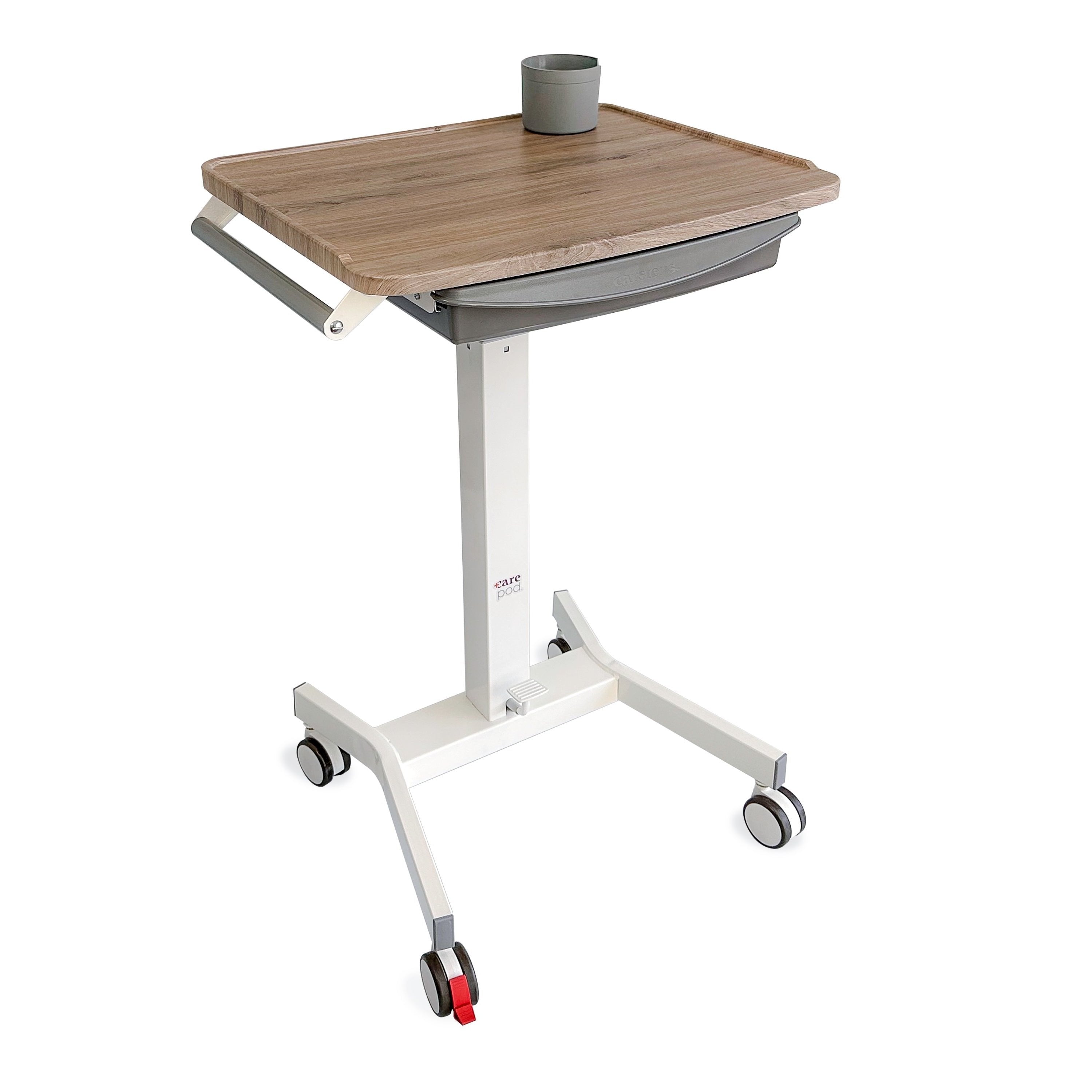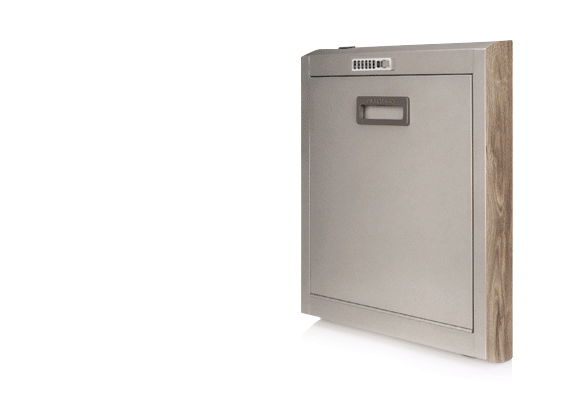A mobile workstation heralds a significant breakthrough in boosting operational efficiency in various fields, especially within healthcare and inventory management sectors. These dynamic solutions bring an unmatched blend of flexibility, accessibility, and ergonomic design to the table, empowering professionals to offer unparalleled services free from the limitations of a stationary workspace.
They are setting new benchmarks for productivity by marrying cutting-edge technology with the mobility demands of contemporary workflows. Continue reading to discover what to include in a workstation on wheels, ensuring it lives up to the rigorous standards of professional excellence and operational flexibility.
Ergonomics and Mobility for Modern Care
The initial concern for any mobile workstation is its ability to move with the quick rhythm of a busy hospital or medical office sans the hassle. A medical laptop cart must have smooth, responsive wheels with locking capabilities for stability during critical tasks.
The cart should be of a height that doesn’t require the user to strain, focusing on ergonomic best practices to avoid fatigue and safeguard against long-term injuries.
Customizable Organizational Features
One size does not fit all, especially in healthcare. The best workstation on wheels is one that you can adapt for the individual user and the specific requirements of a given task.
Look for carts with adjustable shelves, drawers, and attachments for peripherals like barcode scanners, printers, and power strips. A cart that can easily change its layout to accommodate different workflows without disrupting the work at hand is invaluable.
Inbuilt Infection Control Measures
Healthcare professionals and their equipment cannot compromise on hygiene. Manufacturers must design workstations on wheels with cleanability in mind—meaning smooth, nonporous surfaces that resist bacteria and viruses. Ideally, the cart should include features such as a retractable keyboard tray cover, storage bins with antimicrobial properties, and materials that can withstand hospital-grade cleaning agents.
Technology Integration and Support
The utilization of technology in healthcare is on the rise, and a medical laptop cart must seamlessly integrate these tools. Manufacturers should also include supportive charging and integration additions in a workstation on wheels. Consider cable management systems to ensure a tidy workplace and to protect sensitive medical equipment from damage.
Knowing what to include in a workstation on wheels and investing in one of high quality is not only practical but also demonstrates a commitment to improved patient care through the tools that enable caregivers to work efficiently. A variety of solutions are available, including medical laptop carts on wheels, that emphasize these crucial qualities, allowing medical professionals to concentrate on their most important priority: Taking care of their patients.






